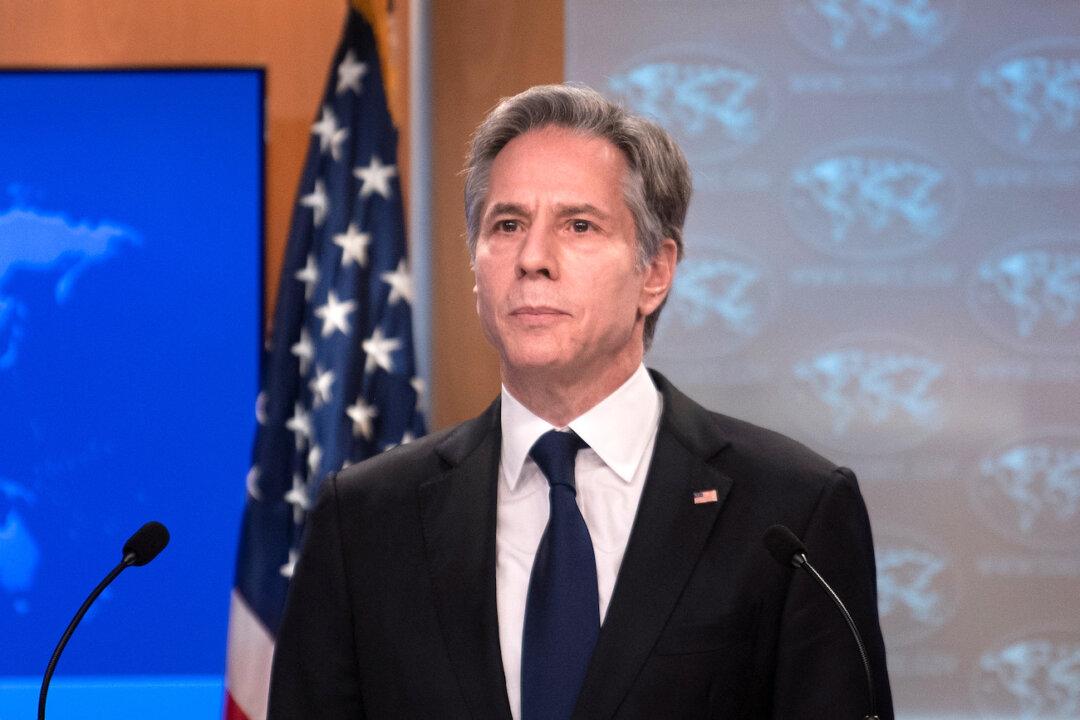U.S. Secretary of State Antony Blinken is set to travel to Australia, Fiji, and Hawaii next week to demonstrate the United States’ commitment to the Indo-Pacific region, keeping the region in focus despite the mounting Russia-Ukraine crisis.
The State Department said Blinken will attend a Quad ministerial meeting in Australia from Feb. 9 to Feb. 12 for talks with Indo-Pacific allies—Australia, Japan, and India—to discuss maritime security, climate change, and the cooperation to fight the coronavirus pandemic.





